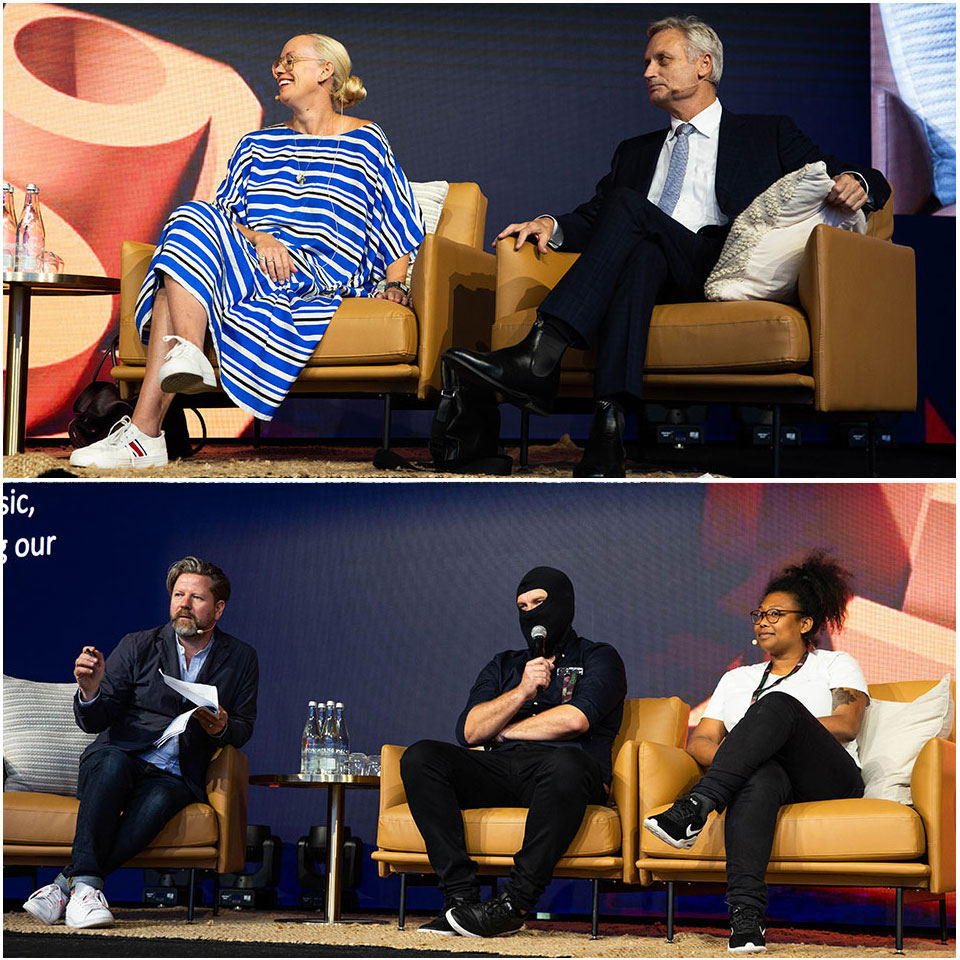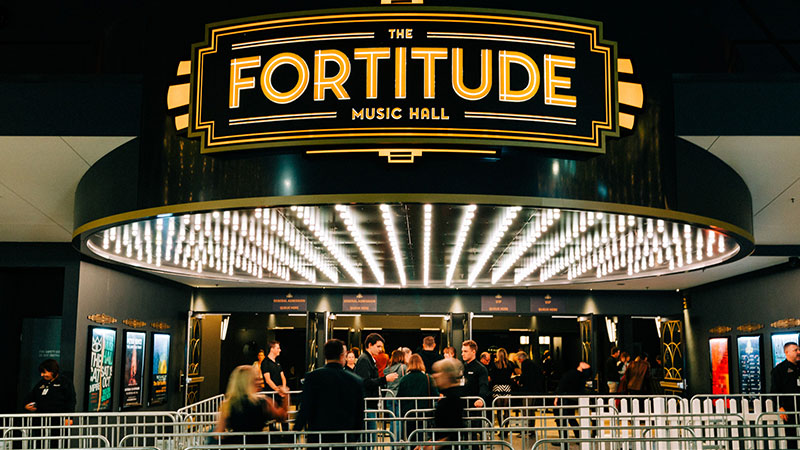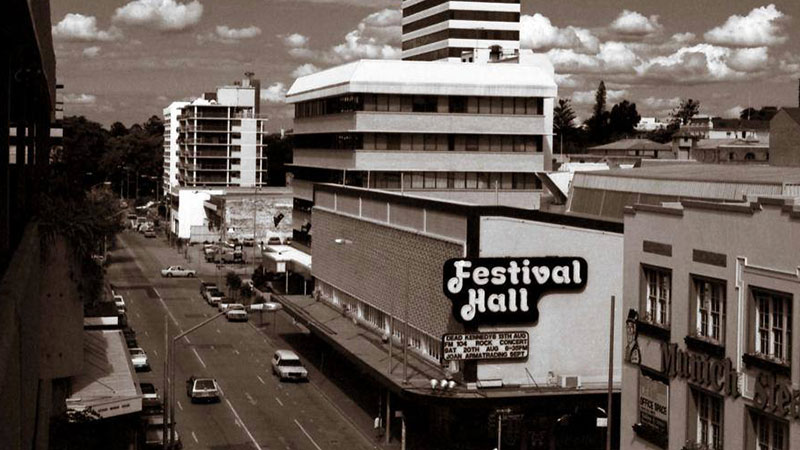Development, Cities and the Arts: The Urban Fightback
In response to a series of anti-violence lock-out laws, nightlife precincts have been in a state of decline for several years.
But what happens to our cities if we don’t have a vibrant arts community?
“They become a country town,” Hutchinson Builders chairman Scott Hutchinson said, speaking at Urbanity '19.
The builder with a passion for live music has spent $43 million to bring new music venue the Fortitude to Brisbane's inner city, famously taking more than a $20 million hit in the name of live music.
“I don’t want to bag country towns but, there’s nothing to do other than the pub on a Friday or Saturday night. And that’s the way Brisbane would go,” he said.

DJ and Greens Candidate Trina Massey described the lockout and ID laws, as “really restrictive”.
“We talk about Brisbane becoming a global city… and that becomes really hard, when there are restrictions to the nightlife, creativity and community of Brisbane,” Massey said.
“When you look at live music, we can see Sydney as an example of how detrimental lockout laws can be in decimating live music venues and culture in the cities.”
What makes a city?
Whether it is the theatre, live music or street art, the panel agreed that the arts bring an identity to a city's cultural fabric.
“When you don’t have the opportunity to see the arts supported by, not just urban development, but by the governments, then what you see is disenfranchisement,” Massey said.
“It is always going to be difficult to afford spaces when you’ve got developers coming in to buy them up,” National Gallery of Australia’s Alison Kubler said.

“It’s a problem, because developers will knock down the music venues and put up residential. The inner-city land they sit on is worth so much,” Hutchinson added.
“But this issue is all around the world, it’s not just in Brisbane.
“Brisbane’s iconic Festival Hall was knocked down in 2003. It could've worked as a music venue if it sold for $6 million. The developer paid $14 million for it.
“These places are being knocked down for residential. And that’s what happens,” Hutchinson said.
“When you do remove a building like that you literally are ripping a photo out of our collective photo album.”
“So there should be some sort of situation where someone’s encouraged with tax incentives or with law to build something else to replace what’s being demolished,” Hutchinson said.

On gentrification
“We see it in every city in the world,” comedian and panel moderator Tim Ross said, speaking on gentrification, “the culture is there, the bands, the food, the excitement is there. And the middle class come in droves and try to destroy what made it great in the first place.
“People move next to a band venue that’s been there for 20 years, and then complain about the noise.”
“So how do you think we get around that?
More than money...
“The value of this is not just monetary,” Massey said.
“We're talking about these financial incentives, we're also talking about making sure there’s leadership from both the state and local government for these places — to ensure the cultural fabric of Brisbane and Queensland itself.”
Sydney's lockout laws, implemented in 2014, are expected to be lifted following a parliamentary report finding they cost the state $16 billion a year.
The report, released last month, found that Kings Cross had “not yet sufficiently changed” to warrant the removal of lockout laws, with the issue to be revisited in 12-months time.















